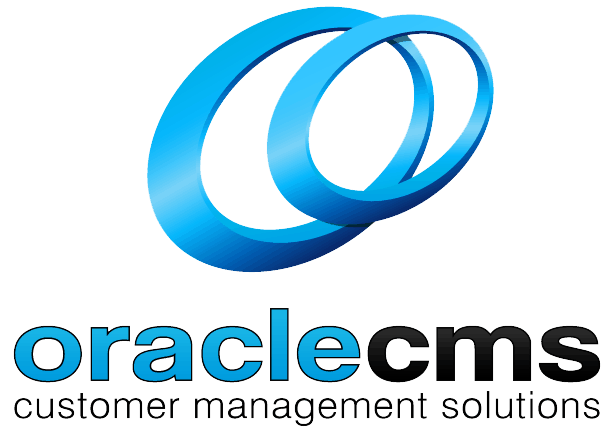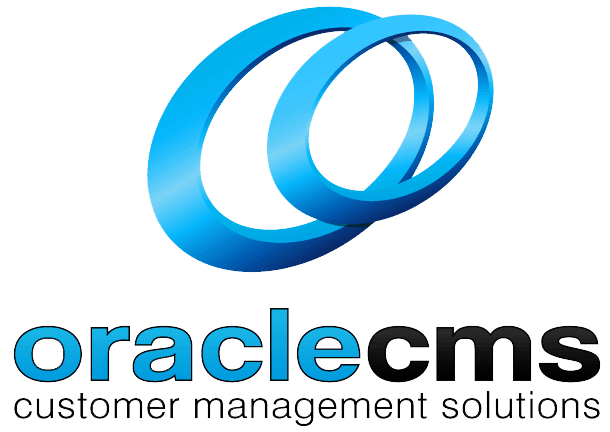What is CSAT?
CSAT (Customer Satisfaction Score)
Definition: CSAT, or Customer Satisfaction Score, is a vital metric used in the customer service and business industries to evaluate the degree of satisfaction customers have with a company’s products, services, or overall interactions. CSAT measures customer contentment, providing insights into how well a company meets customer expectations and fulfills its promises.
How it Works: Typically, CSAT is measured through surveys or feedback forms, often featuring a simple and user-friendly rating scale. Customers are asked to express their level of satisfaction by selecting a score on this scale, which can be numerical (e.g., on a scale of 1 to 5) or qualitative (e.g., “very satisfied,” “satisfied,” “neutral,” “dissatisfied,” “very dissatisfied”). The choice of scale may vary based on the specific survey or company’s preference.
Interpreting CSAT Scores: CSAT scores are commonly presented as a percentage, with the total number of positive responses (e.g., “satisfied” or “very satisfied”) divided by the total number of survey responses, excluding neutral opinions. The resulting percentage represents the customer satisfaction rate. A higher CSAT score, such as 90%, indicates that a significant proportion of customers are content with their experiences, while a lower score may signify room for improvement.
Application: The CSAT metric is versatile and can be used across various industries. Companies utilize it to gain valuable insights into the quality of their customer service, product offerings, and overall customer experience. It helps identify strengths and weaknesses, enabling businesses to make data-driven decisions to enhance customer satisfaction, address pain points, and build lasting relationships with their clientele.
Benefits:
- Performance Evaluation: CSAT allows companies to gauge how well they are meeting customer expectations, providing a tangible measure of performance.
- Identifying Areas for Improvement: By analyzing CSAT feedback, organizations can pinpoint specific aspects that require enhancement, whether it’s product features, service quality, or support interactions.
- Customer Retention: Satisfied customers are more likely to remain loyal and recommend a company to others, contributing to long-term success.
- Competitive Edge: Maintaining high CSAT scores can give a company a competitive advantage by showcasing its commitment to customer satisfaction.
In the Australian Context: In the Australian business landscape, CSAT plays a crucial role in understanding and improving customer satisfaction. Local companies rely on CSAT to ensure that they not only meet the needs and preferences of Australian customers but also maintain high service and product standards in line with global best practices.
By regularly assessing CSAT scores and acting upon customer feedback, Australian businesses can enhance their competitiveness and foster strong relationships with their customer base.
In summary, CSAT, or Customer Satisfaction Score, is a valuable tool that empowers businesses to measure and elevate customer satisfaction levels, providing a foundation for growth, loyalty, and success, both in Australia and worldwide.


